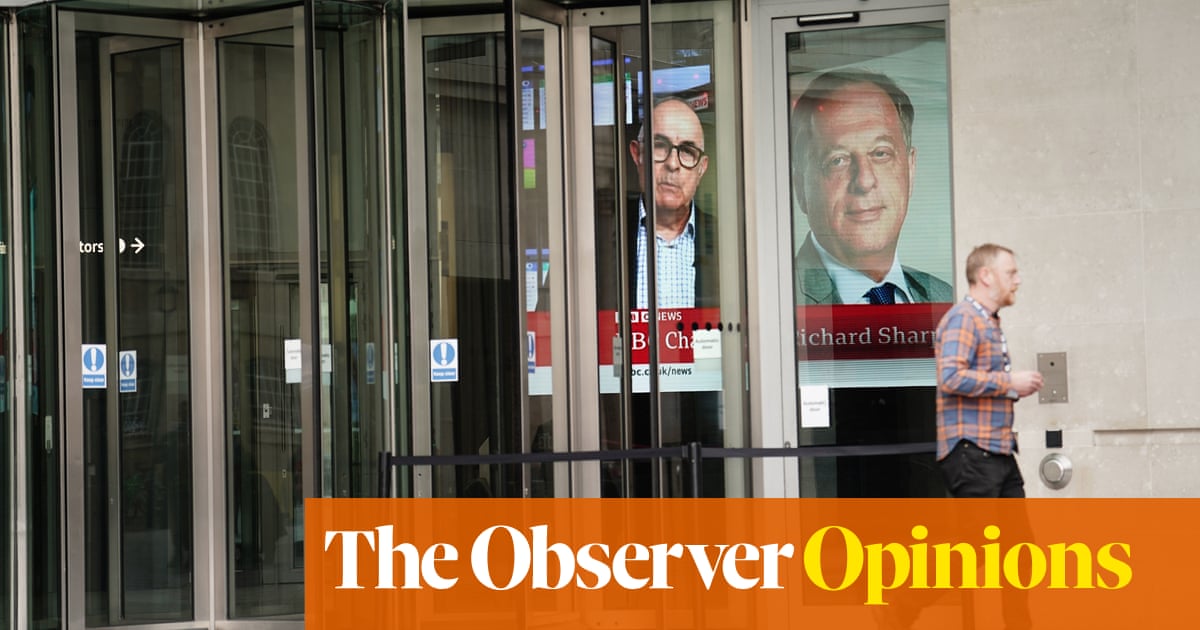
This week brought a big announcement in Myanmar. State-controlled media, friendly to the junta that seized power there in a coup last year, let it be known that there will soon be a mass release of political detainees.
Almost 6,000 people will be released from prison, it seems, and this includes prominent foreigners whose governments have long campaigned for the end of their unjust imprisonment.
Foreigners believed to have been released already include the Australian academic Sean Turnell, Britain’s former ambassador to the country Vicky Bowman, and the Japanese filmmaker Toru Kubota. All of their terms in prison were completely unjustified.
Their families will be happy with the news. We must not intrude on their happiness since, amid the wider tragedy of Myanmar’s vicious civil war, these are small bright spots.
But it is also the job of the press and the rest of the world not to allow ourselves to be distracted. Private joy does not end public interest.
The scale of the tragedy in Myanmar is greater than these individual stories of suffering. And the scale of what the world might otherwise miss is awful and worth reflecting on.In a report published late last year, Human Rights Watch revealed the full extent of the Myanmar junta’s regime of political incarceration. It counts 43 prisons used to house political detainees and up to 50 work camps where domestic enemies of the regime are sentenced to hard labor.
A later HRW report indicates that after a similar “amnesty” announced by the regime — again late last year — many opposition leaders and participants in legitimate protests against the junta remained imprisoned.
Then, as now, the releases were intended as a bit of a blind, something by which the regime sought to catch international attention for apparent reforms, while in practice remaining as brutal and lawless as before.
This mass release may prove to be the same.
We must remember several facts. One is that the war began with a military coup last year which overthrew a partially elected government and brought mass protests, which were brutally put down.
The war continues, the fighting is bloody indeed, and the toll mounts steadily.The second point is that media access to Myanmar is remarkably limited, not least because of a lack of international attention.Basic claims go unverified, entire regions of the country are uncovered by the international press, and it is inevitable that many of the war’s worst excesses and most atrocious actions attract little international notice.
This is also true of political prisoners. If the junta does release the full 6,000 — something I doubt will happen — thousands more will remain in jail. Many of those are innocents, young people and even children who have done little more than protest for their rights or their opinions.
As we have seen, many of these people are housed in squalid prisons and work camps. Some of their compatriots have been released, but the thousands who remain languish as before.
Good luck to those who have been released, and well done to those foreign governments who have finally seen their citizens freed. But diplomacy’s modest successes do not represent a triumph. The regime remains in power, and its military campaign against the people remains ferocious. However, the world needs to do more — starting with paying greater attention.
The civil war persists, as does the mass incarceration of the innocent. Even as we allow the families of those released to feel blessed, we must not forget the rest, who must be wondering if they have been forgotten by the world, and when, if ever, their own amnesty will come.












